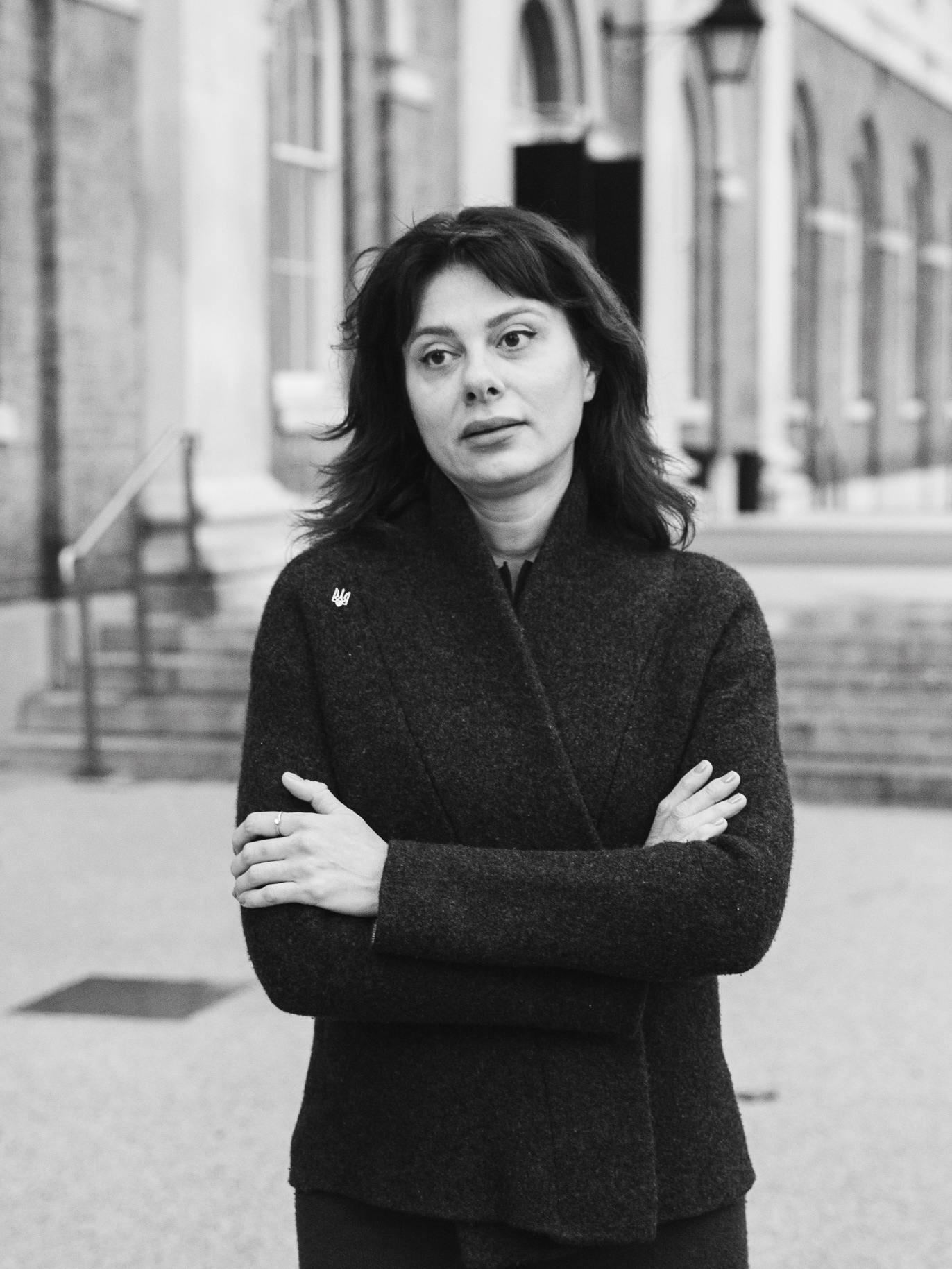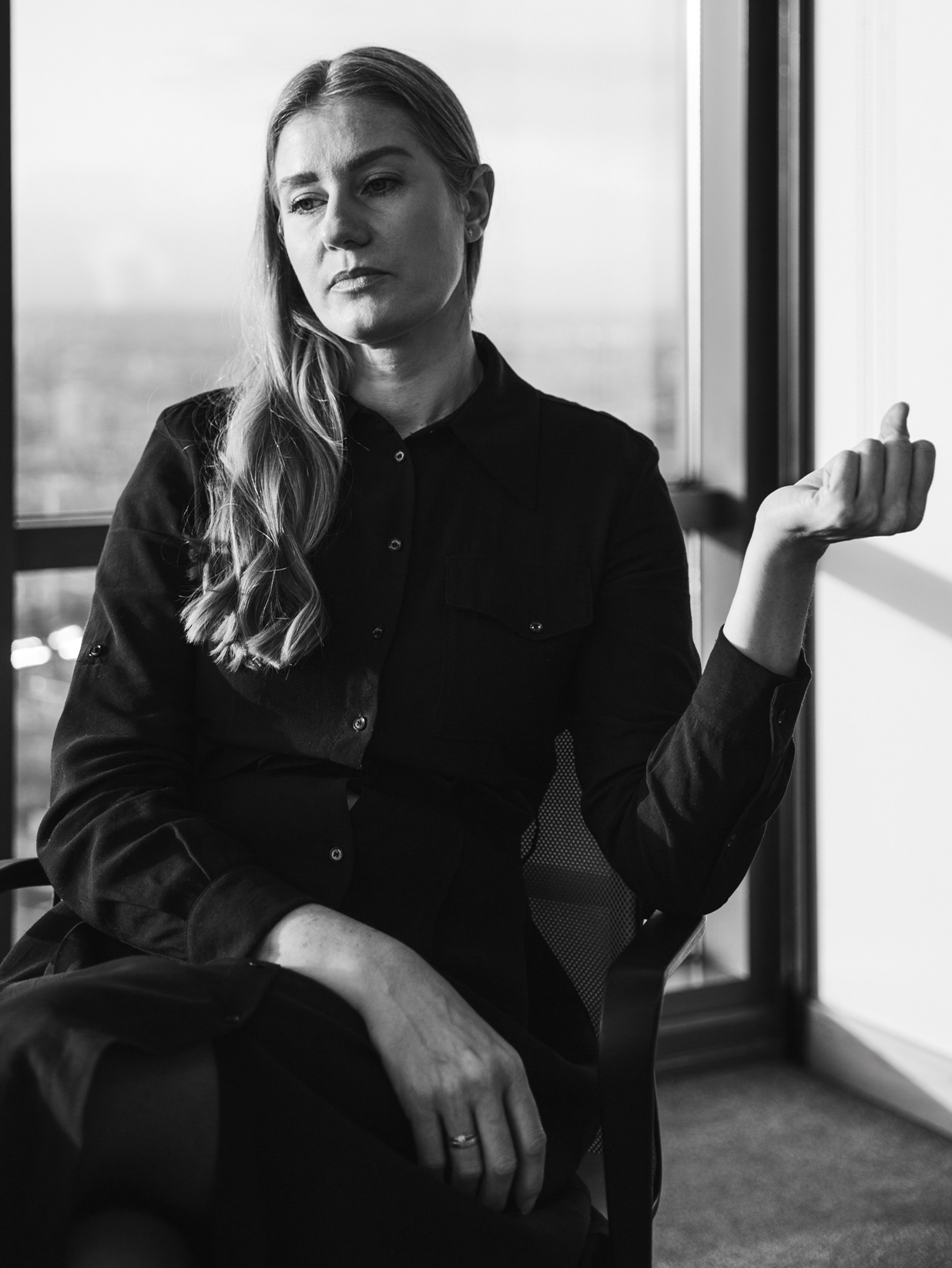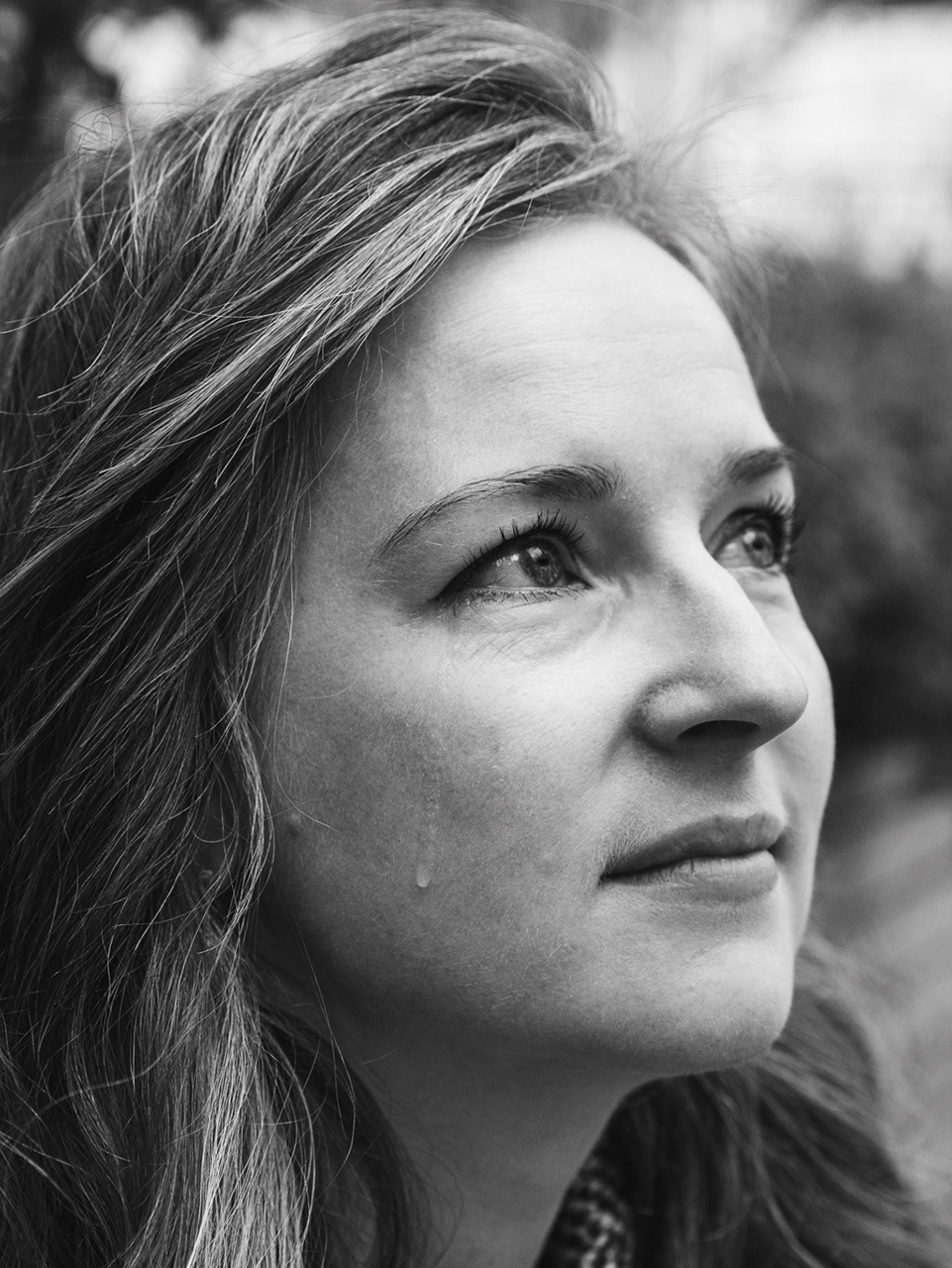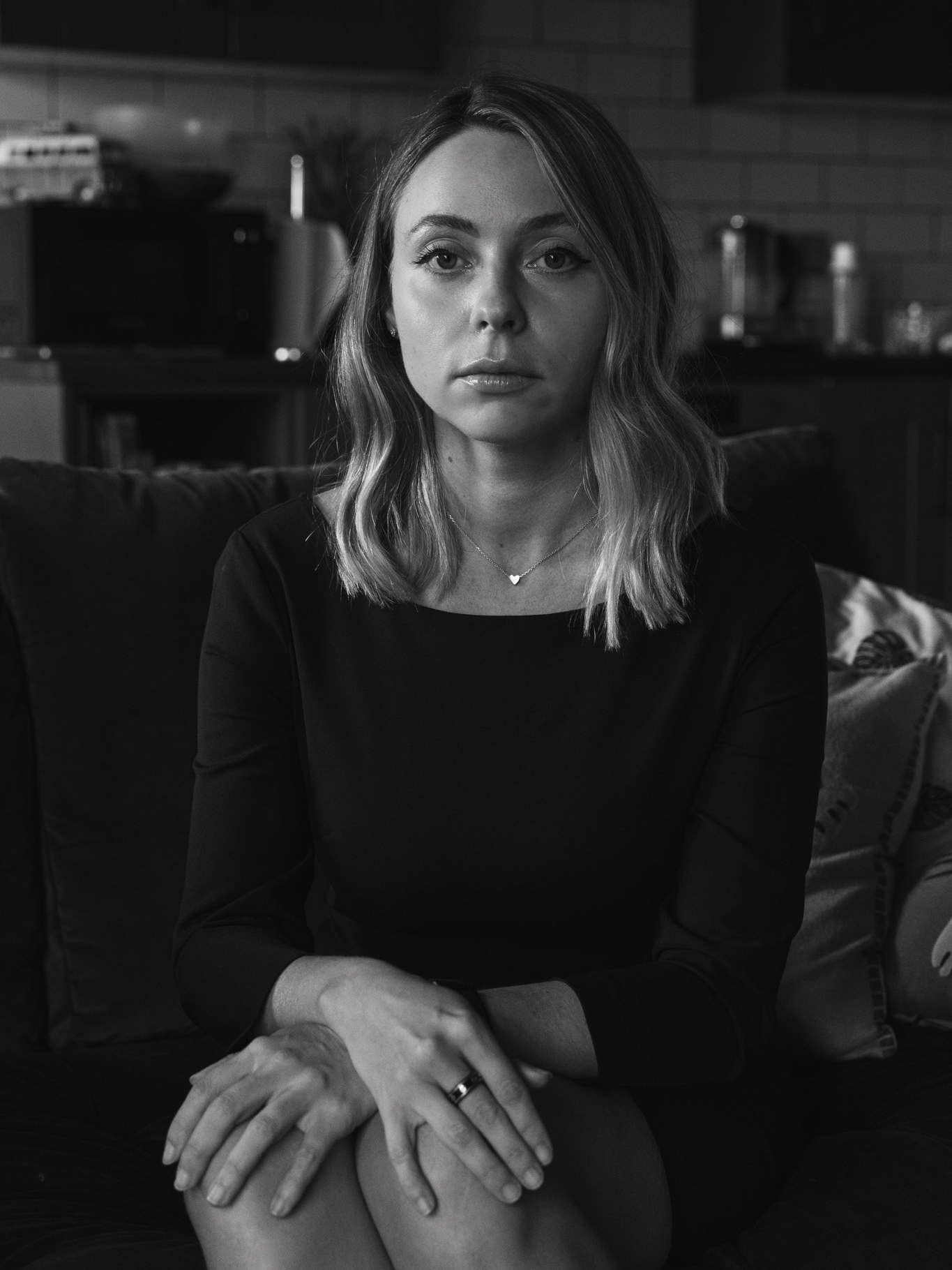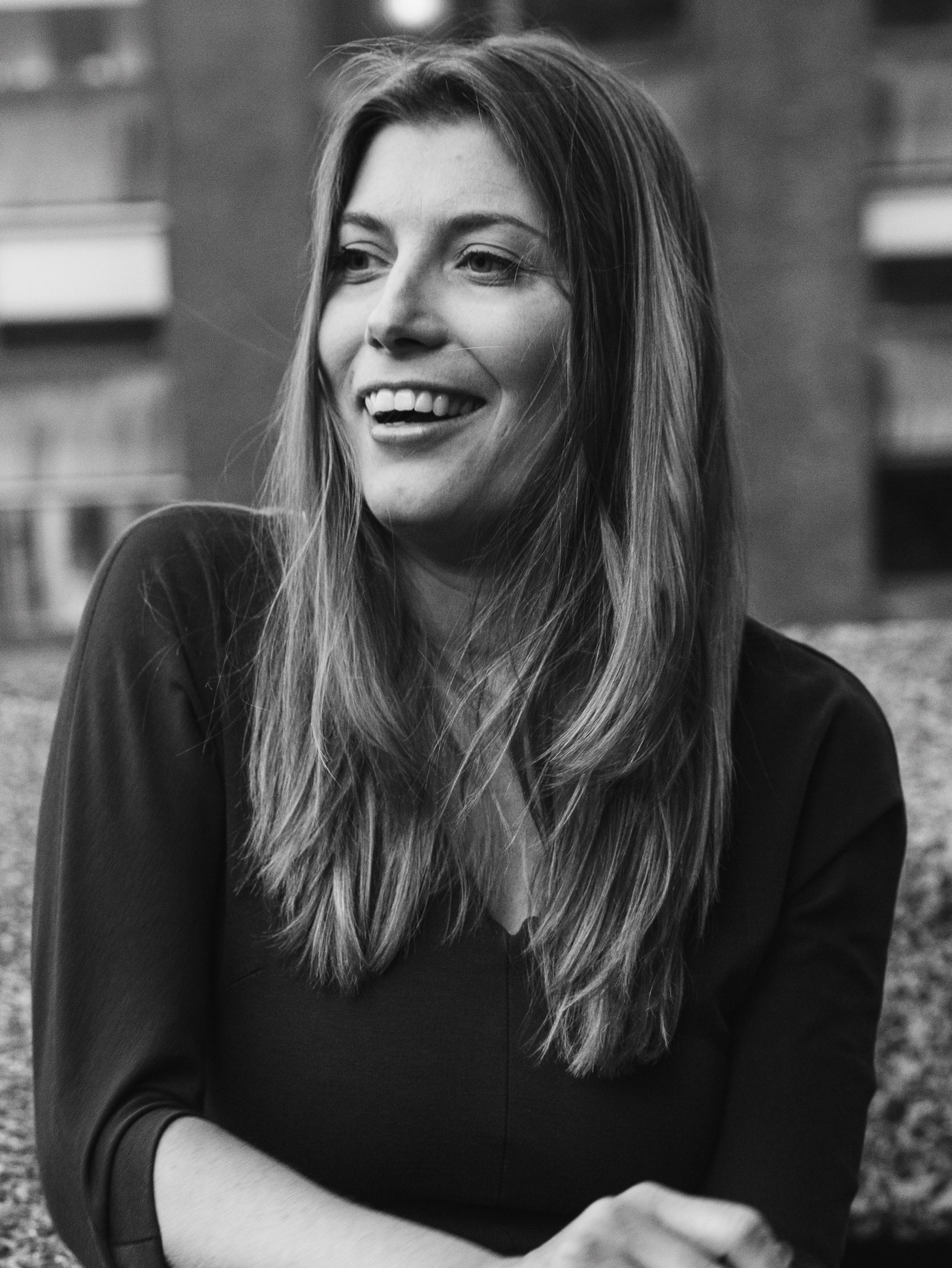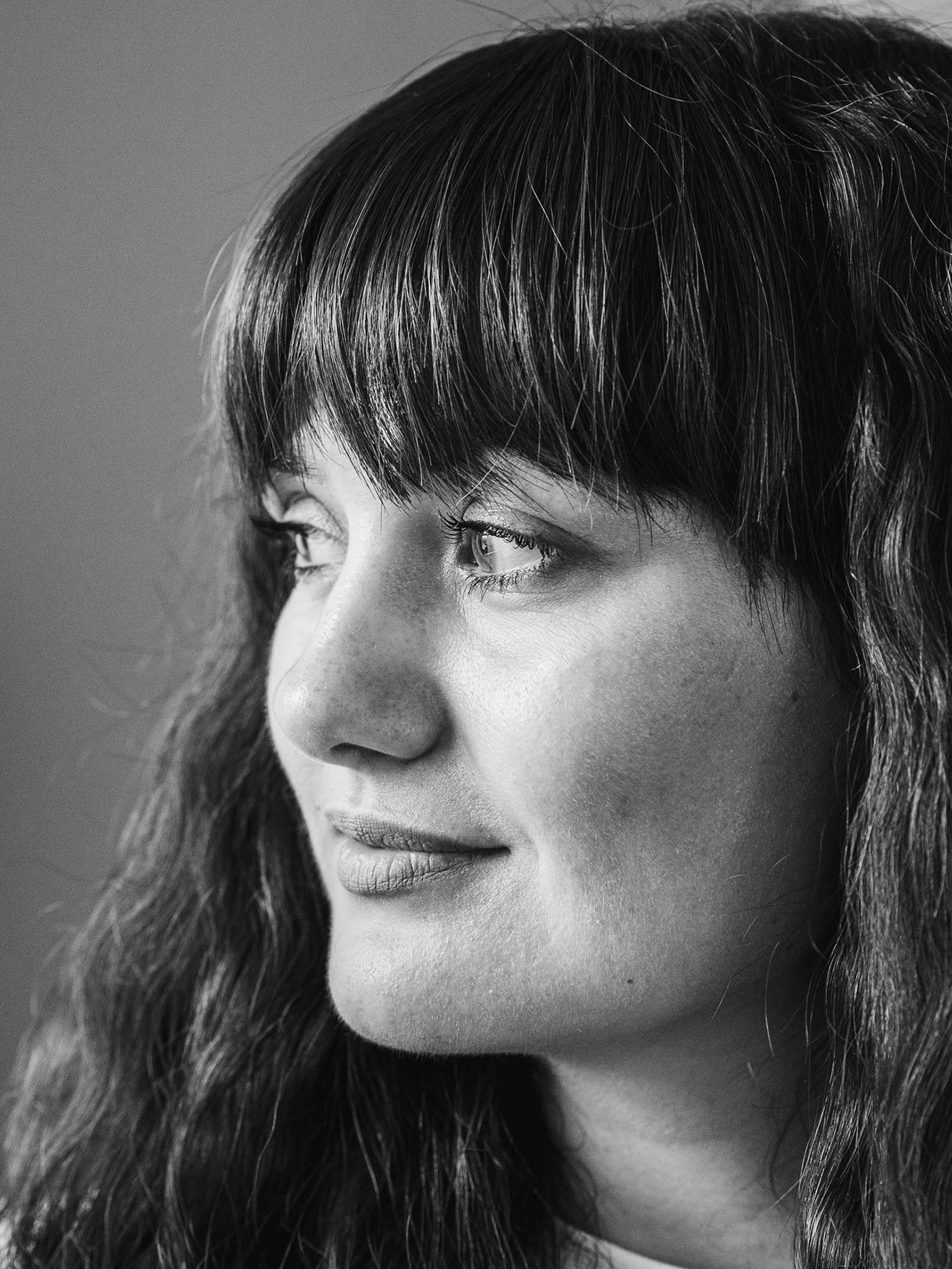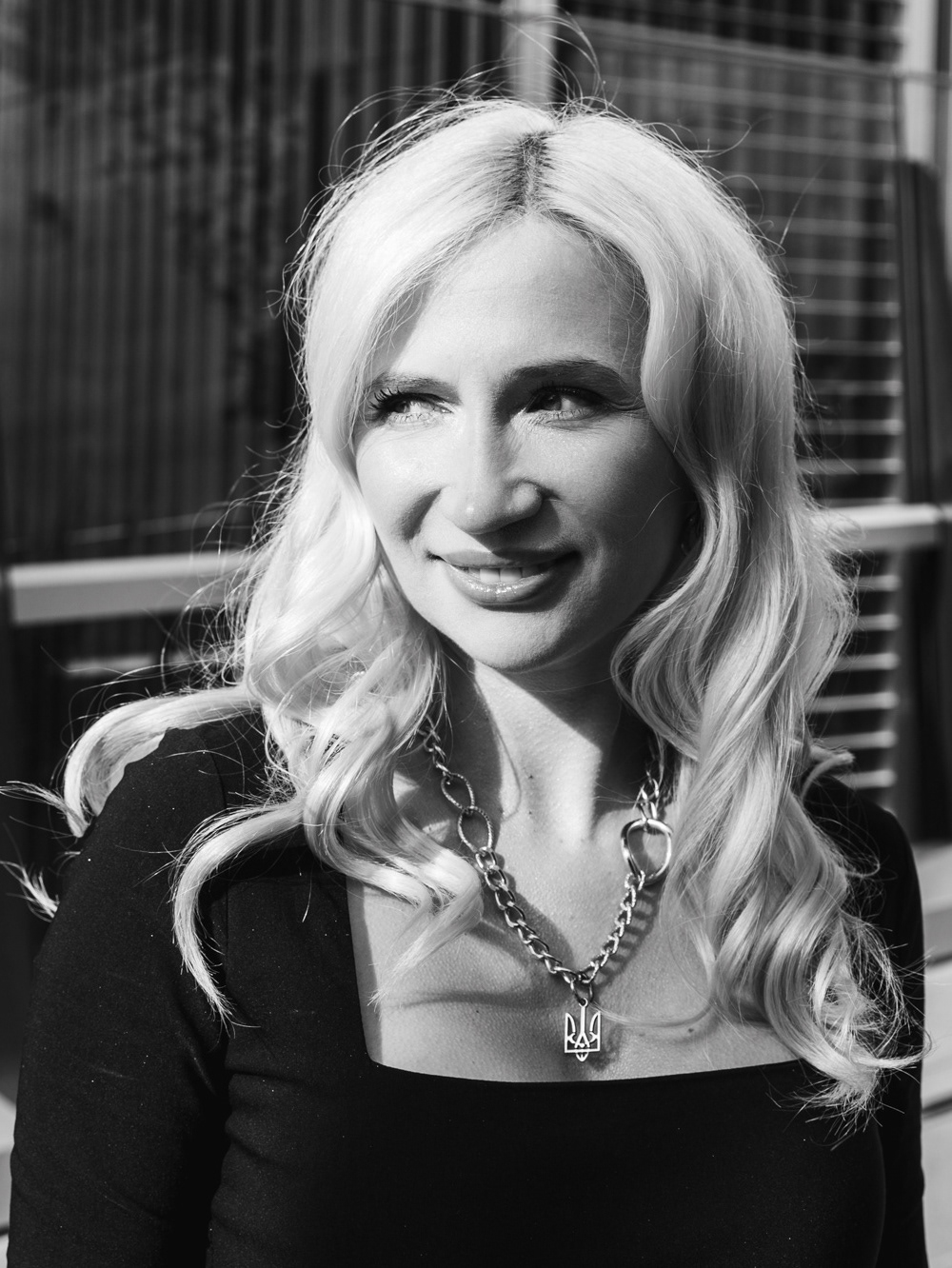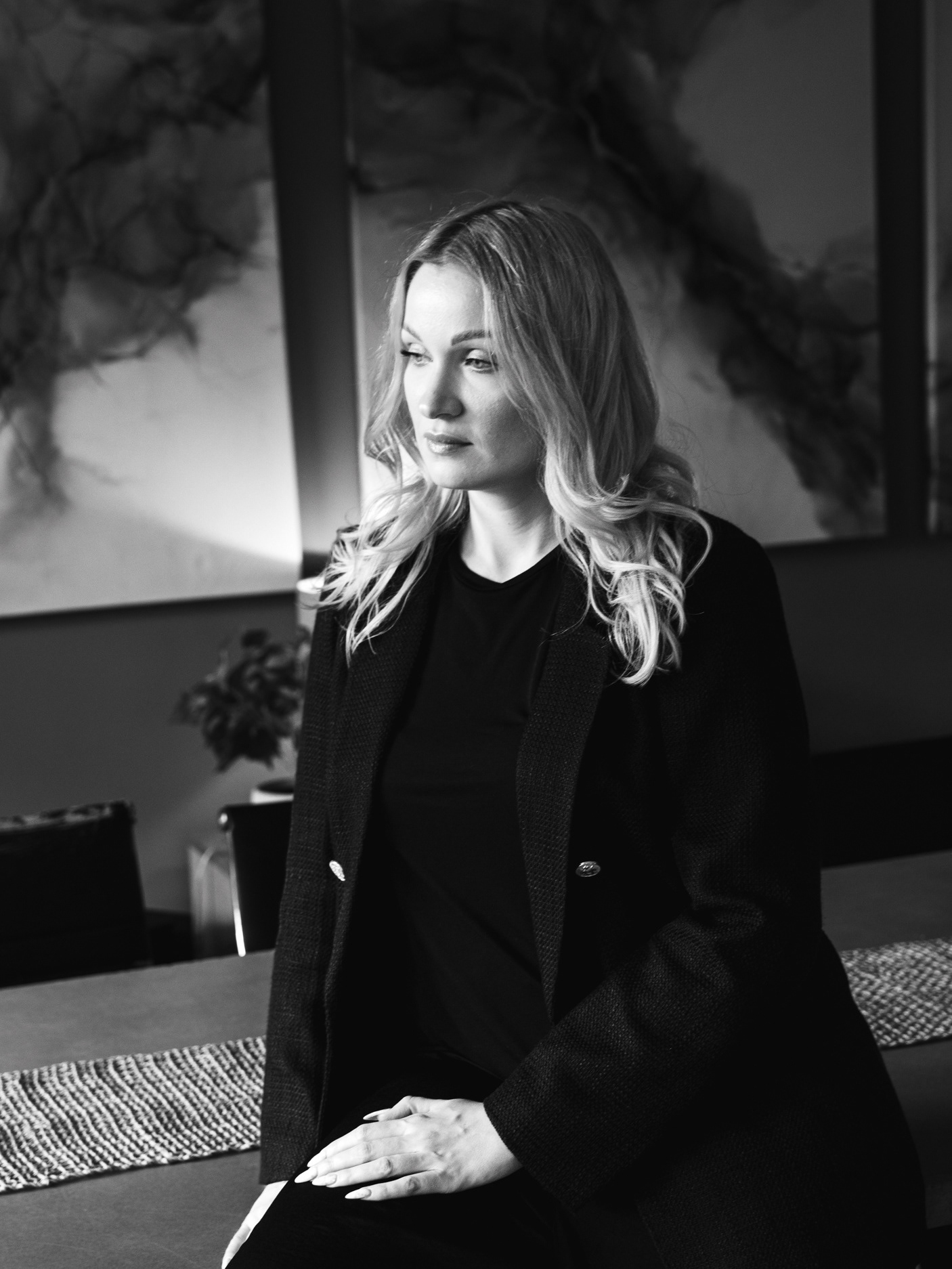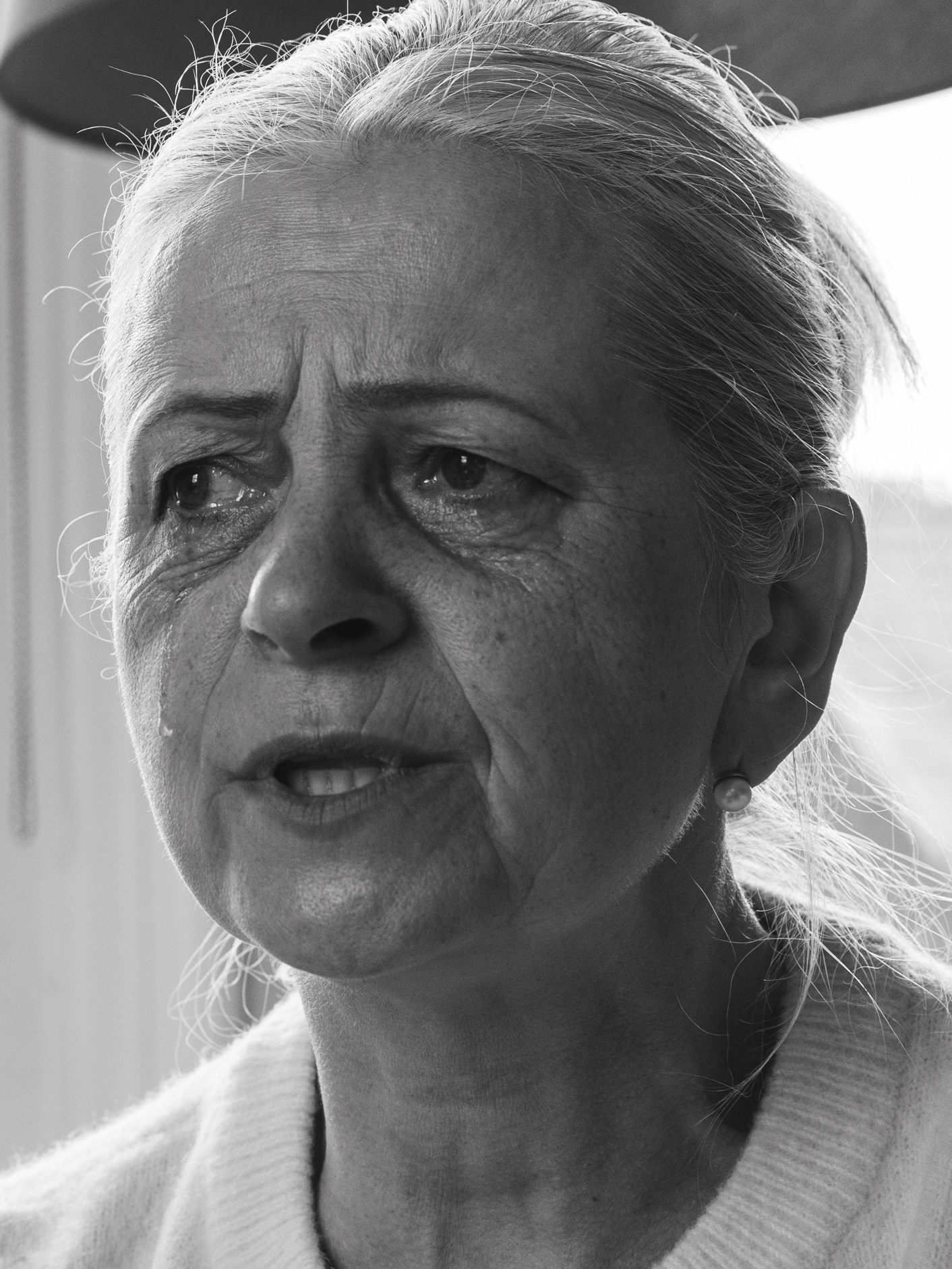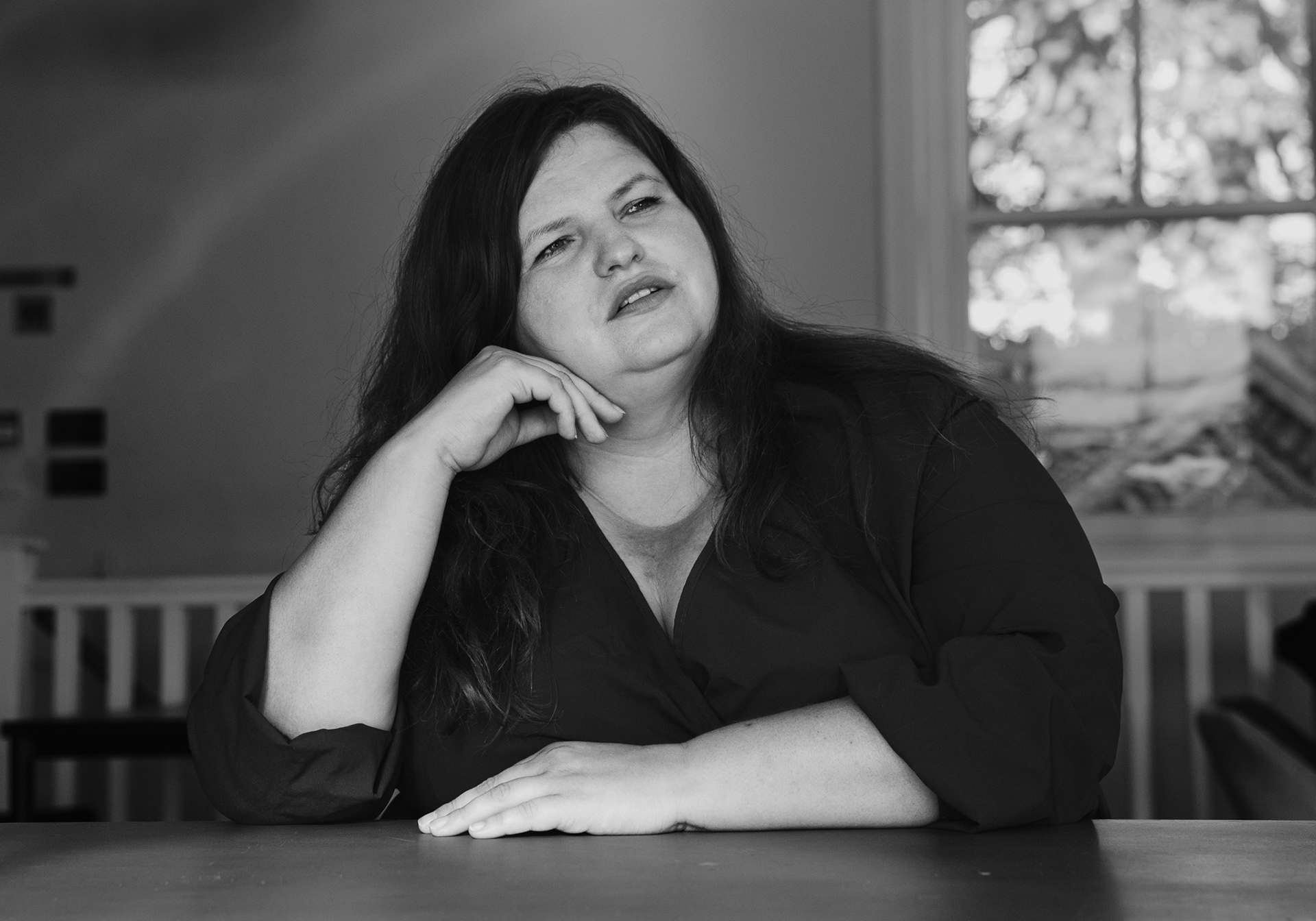
Alone in the Universe: The Complete Story of Anastasia
Prologue: The World That Was
Before the sky over Ukraine shattered with explosions, Anastasia's world was bright, loud, and entirely her own. She wasn't just a resident of her city—she was its creator, its energy. A successful entrepreneur who built her empire from scratch: a children's center that was an oasis for hundreds of families; large-scale festivals that resounded throughout the city; stylish corporate events for major companies; a children's camp where carefree laughter echoed. Everyone knew her. She was a "media personality," a woman who knew how to turn ideas into reality.
This strength was not innate. It was forged in trials. Anastasia remembered well the times when she, a "queen of the catwalk," had to go to Poland and sell from crates to save her business. She already knew what it was like to fall and rise again. But she could never have imagined that one day she would have to fall not from a business peak, but into the abyss of war, where all her skills and connections would suddenly become irrelevant.
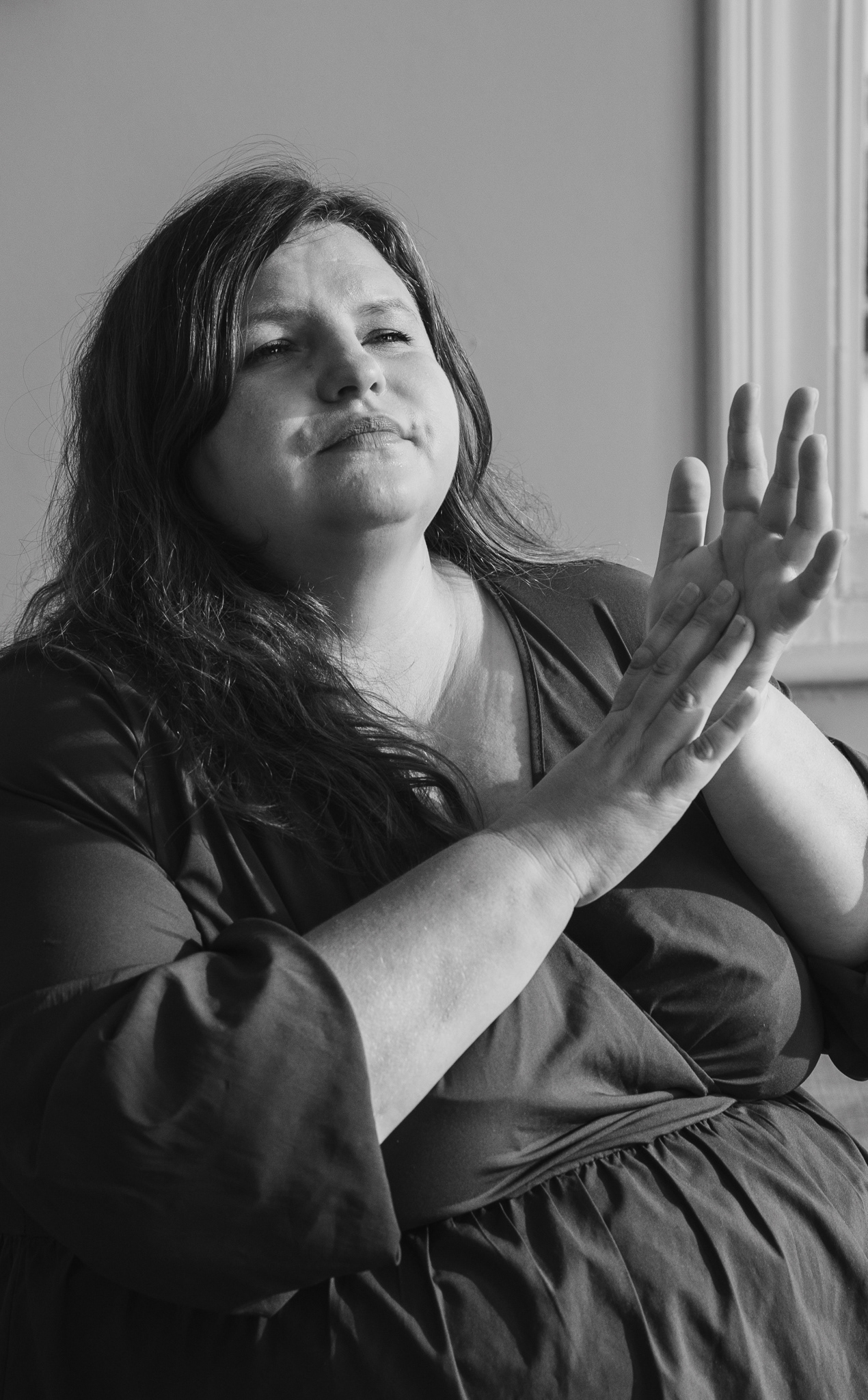
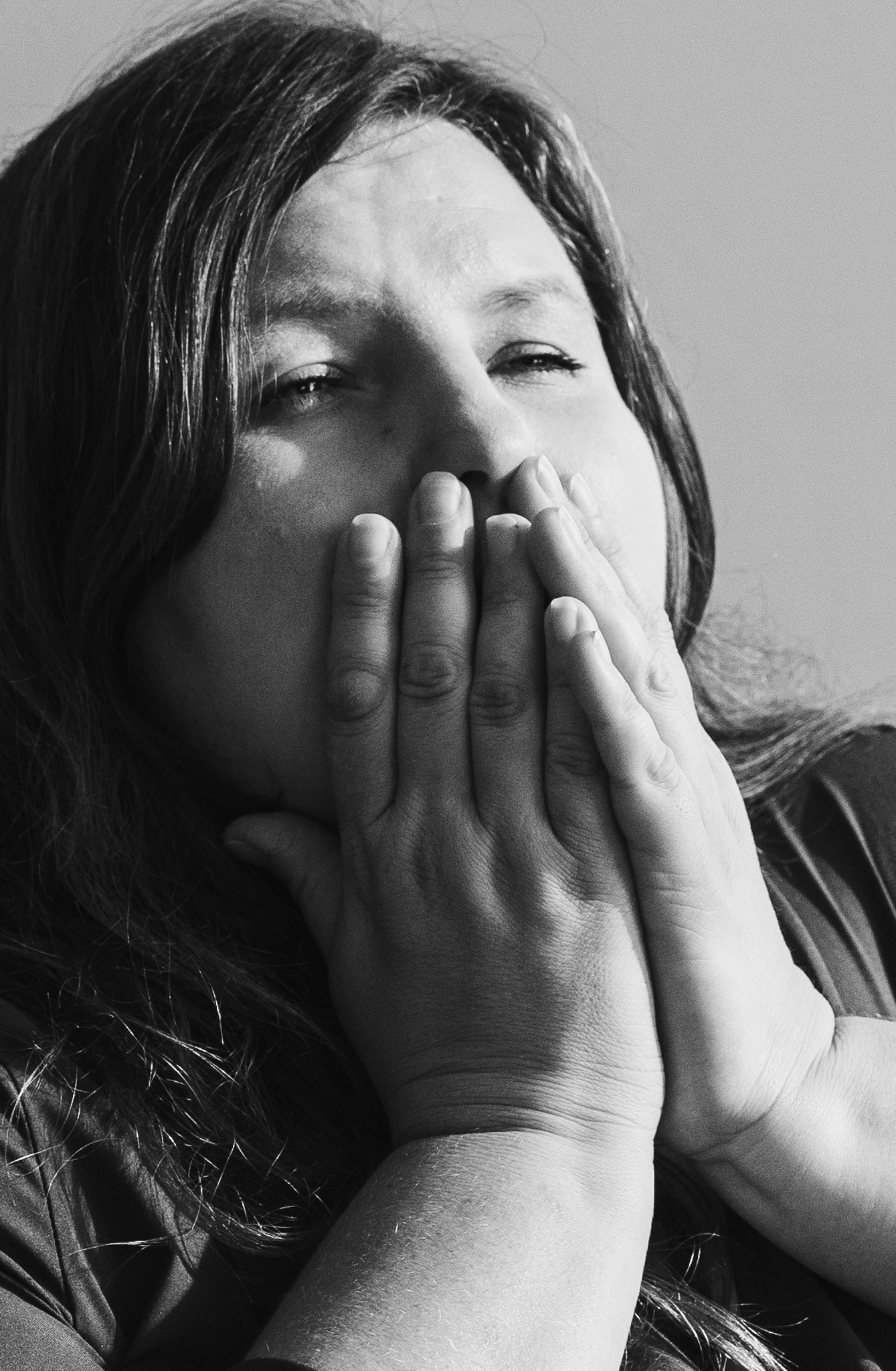
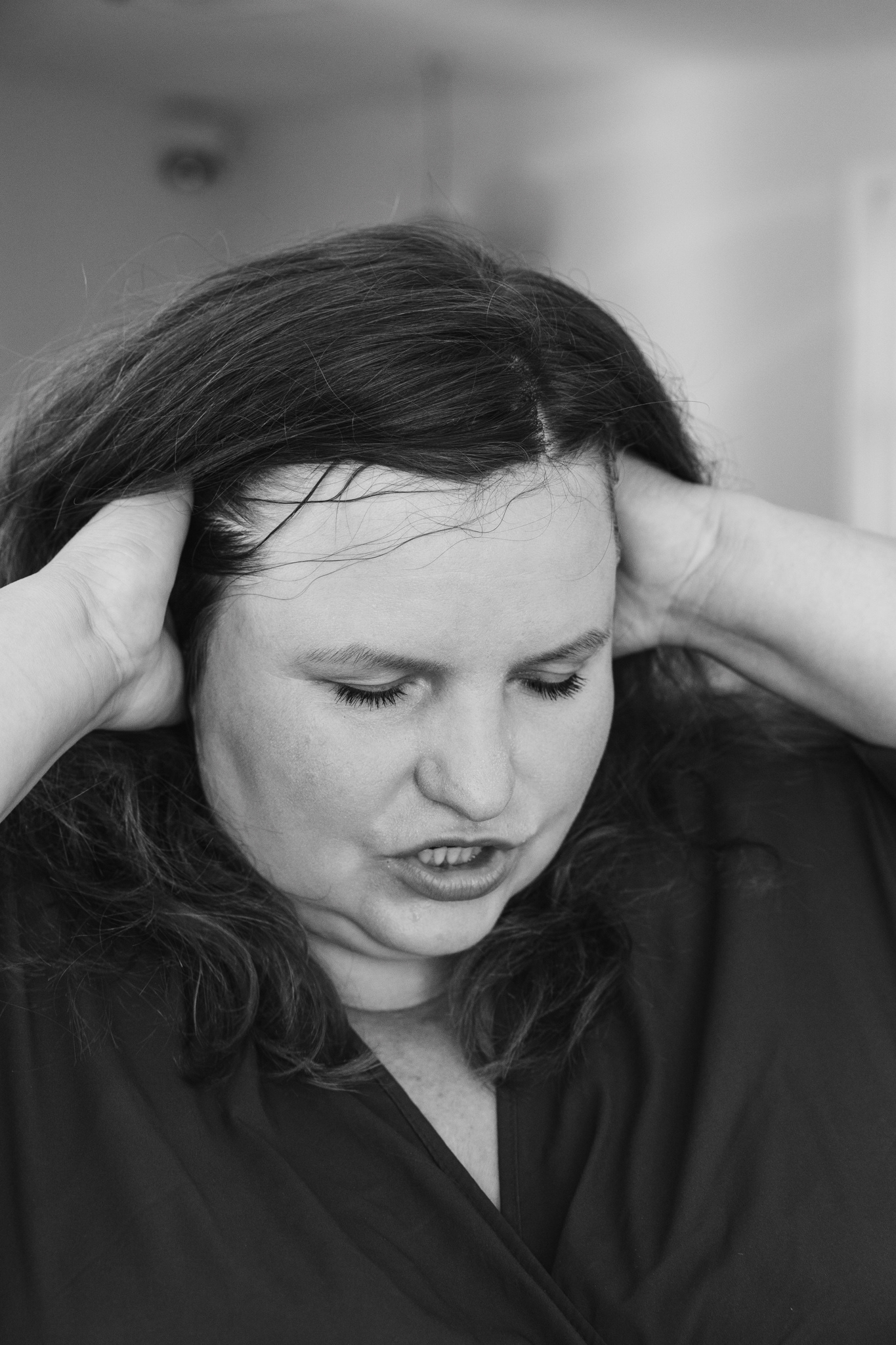
The Shattering of Reality
The morning of February 24th began with an incomprehensible, distant hum. "It was an absolute shock, a feeling of complete unreality. Everything around seemed to freeze, and the only thing I remember is a deafening, terrifying sound that paralyzed me on the spot."
Out of inertia, she began to do familiar things: she went to buy groceries for the family, as if preparing for a long holiday. A call from her mother was like a slap in the face that brought her to her senses: "Daughter, what are you thinking? What nonsense are you doing? You need to be with the children!"
In an instant, the veil was lifted. She was a single mother with two small children. And she was completely, irrevocably alone. "But it didn't happen as I thought it would. In that very second, I realized I was completely alone. I am a single mother with two children, and all the responsibility is now solely on me. It was the moment I understood that I had to think and act for myself and my children."
The chaos reigning in her soul was mirrored in the world around her. In an overcrowded bank, where people in a panic tried to withdraw cash, she encountered a new, ugly reality of human relationships.
"A very tense situation arose in the bank. During a conflict, one man behaved extremely aggressively, and a real fear gripped me. What struck me most was that no one present intervened, no one said a word. Then the bank manager came out and somehow calmed him down, but it changed nothing. In that moment, I felt completely powerless against someone else's physical strength and realized I could only rely on myself."
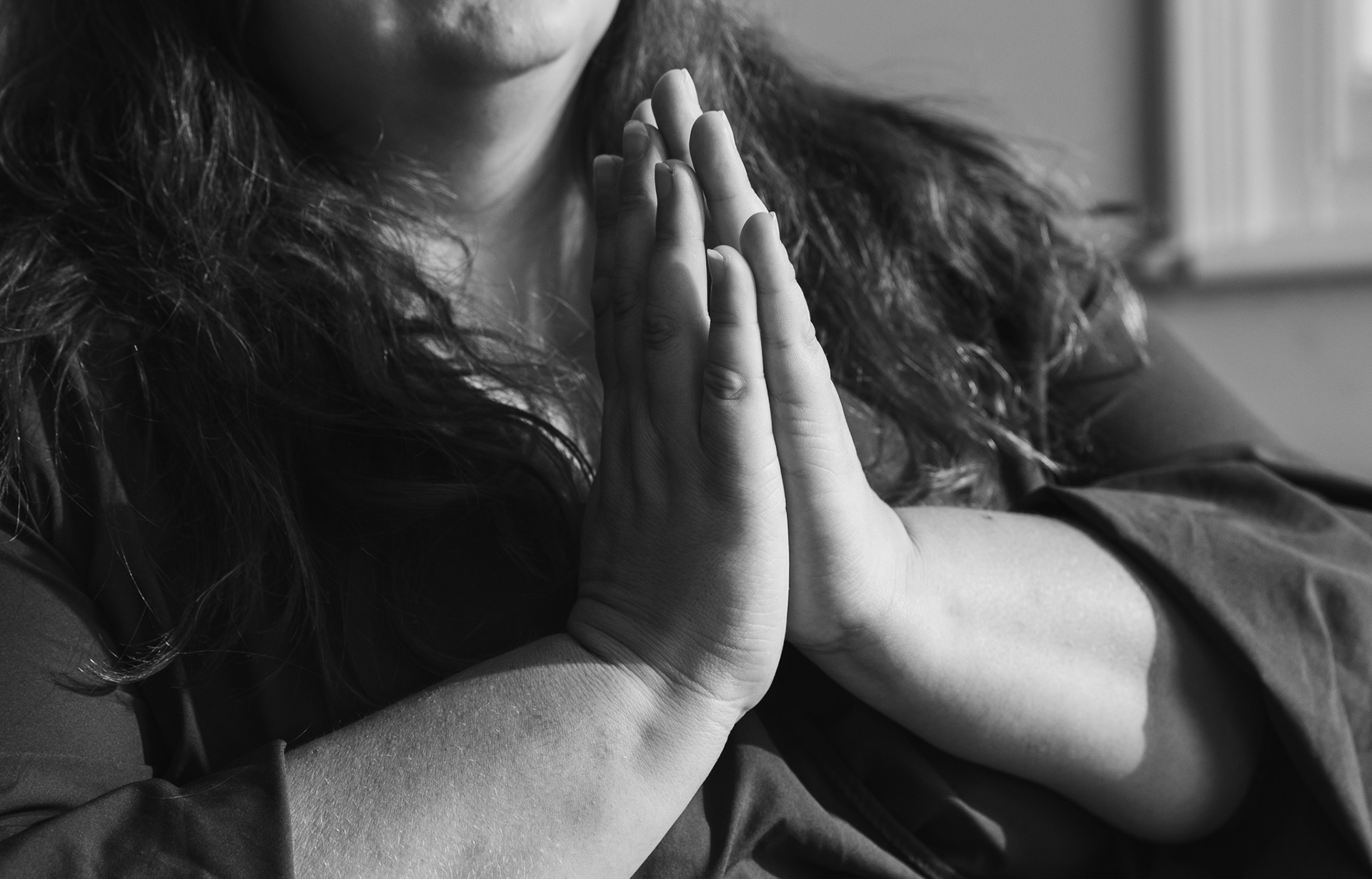
The Crossroads of Escape
The decision was made: she had to flee. But how and where? All her friends and acquaintances were leaving with their families, and there was simply no room for her and her two children. Fate, it seemed, was tossing out options, playing a cruel game of roulette. First, one of her clients offered to drive her out. Then she found a driver with a van who was evacuating women and children. She had almost made an arrangement, but suddenly a call came from her grandmother: she, her uncle, and his family were going to Slovakia. "I thought, well, it's a little better with family." This decision, made intuitively, saved her.
"Later, I learned that I was incredibly lucky not to have taken that bus. The women who chose that path told horrific stories. They were dropped off when a traffic jam started, and they had to walk 42 kilometers to the border, with children in their arms. From their words, what happened in that crowd was unbearable: people were driven to despair, and along the road lay those who couldn't endure the journey. I am happy that fate spared me and my children from that horror."
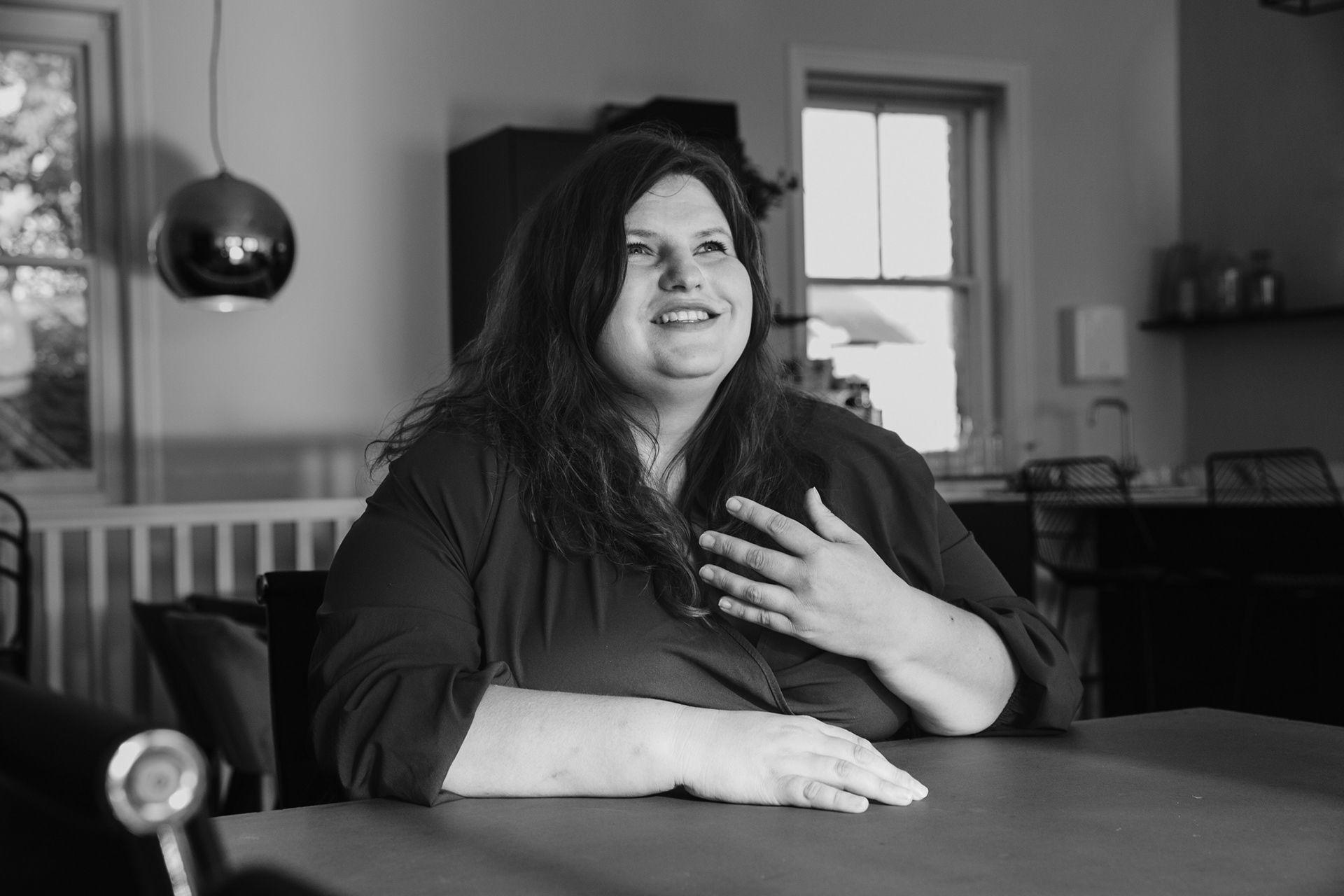
The 16-Meter Cage and the Shadow of Bucha
Slovakia greeted her with a tiny room of 16 square meters, including a kitchen and bathroom. There, the three of them—with the children and grandmother—huddled together, sleeping on the floor. To keep from going mad from the confined space and the endless stream of news, she threw herself into volunteering: searching for transport, housing, helping others. It gave her a sense of control. "I wanted to howl. Every day. I was under so much stress. But I kept myself busy with volunteering, it helped me."
But even this armor couldn't withstand the blow delivered by the news from Bucha.
"After Bucha, I just couldn't... I saw a pile of photos, videos... And, unfortunately, I was in a severe depression for three days. I just couldn't eat or sleep, I just cried for three days... For me, women and children are defenseless creatures of God... And for me, anything concerning women and children, if they are harmed, is very painful."
This moment became a turning point. She stopped watching the news, realizing that the war would be a long one. She needed to build a life anew.
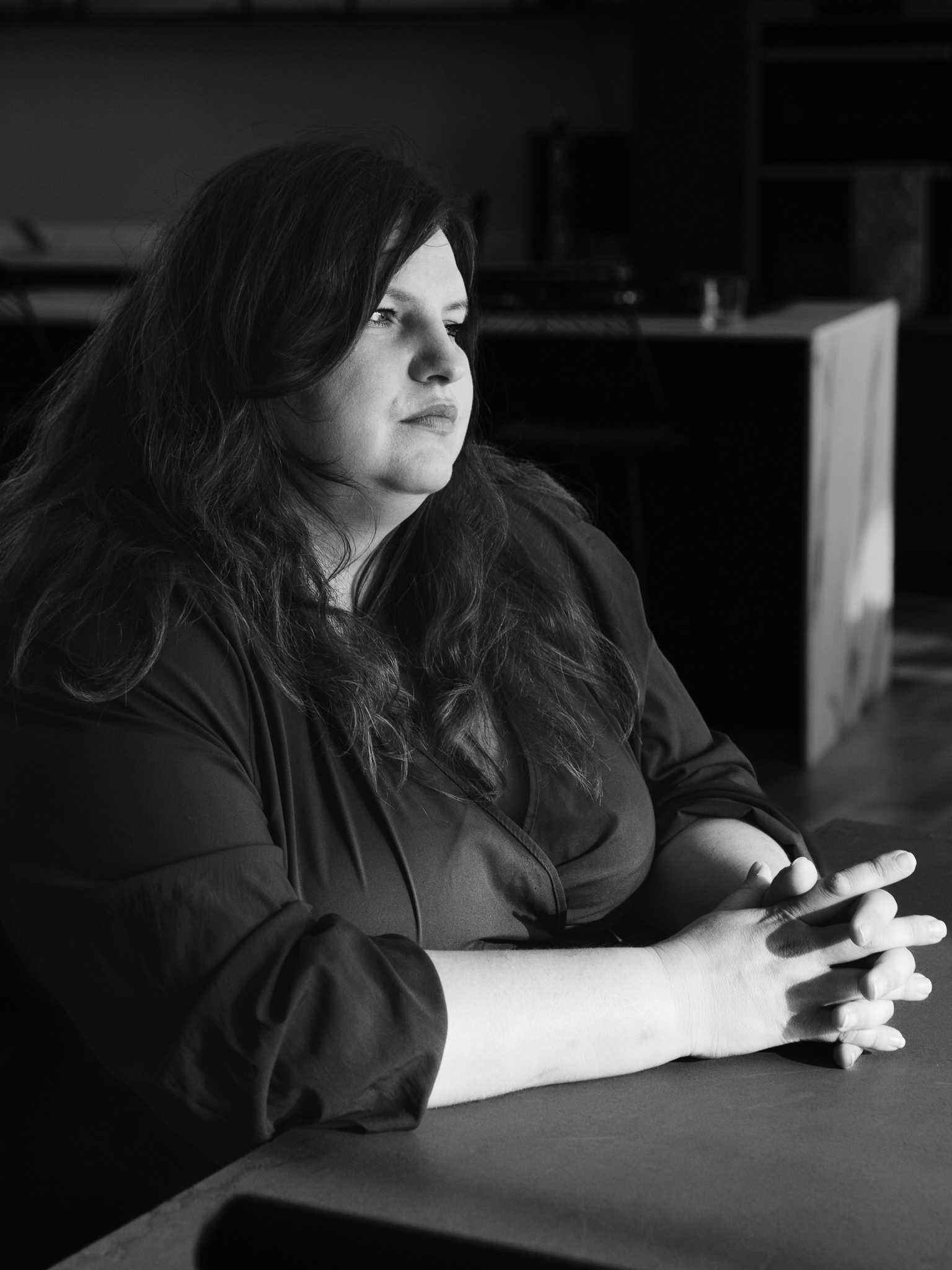
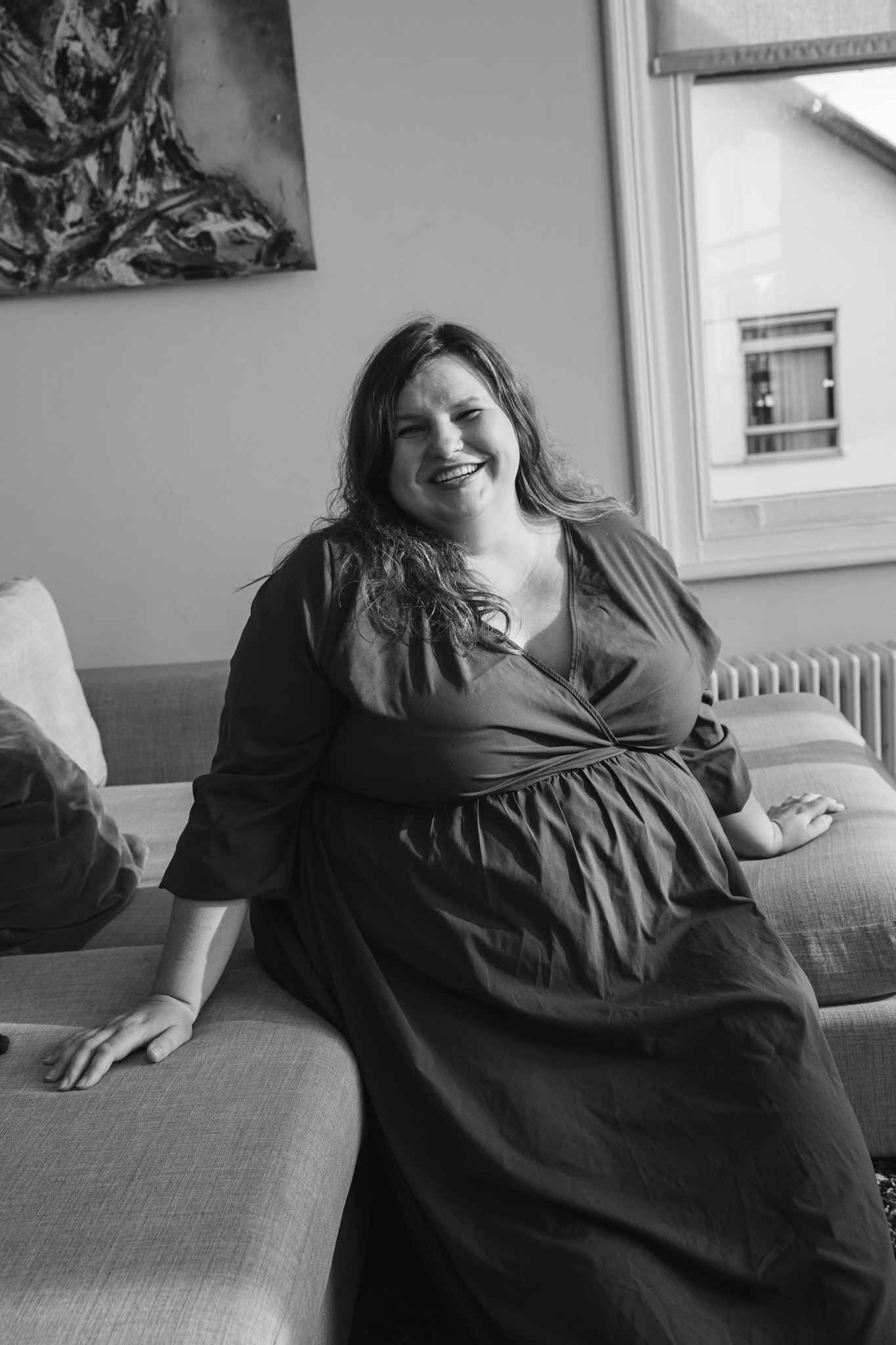
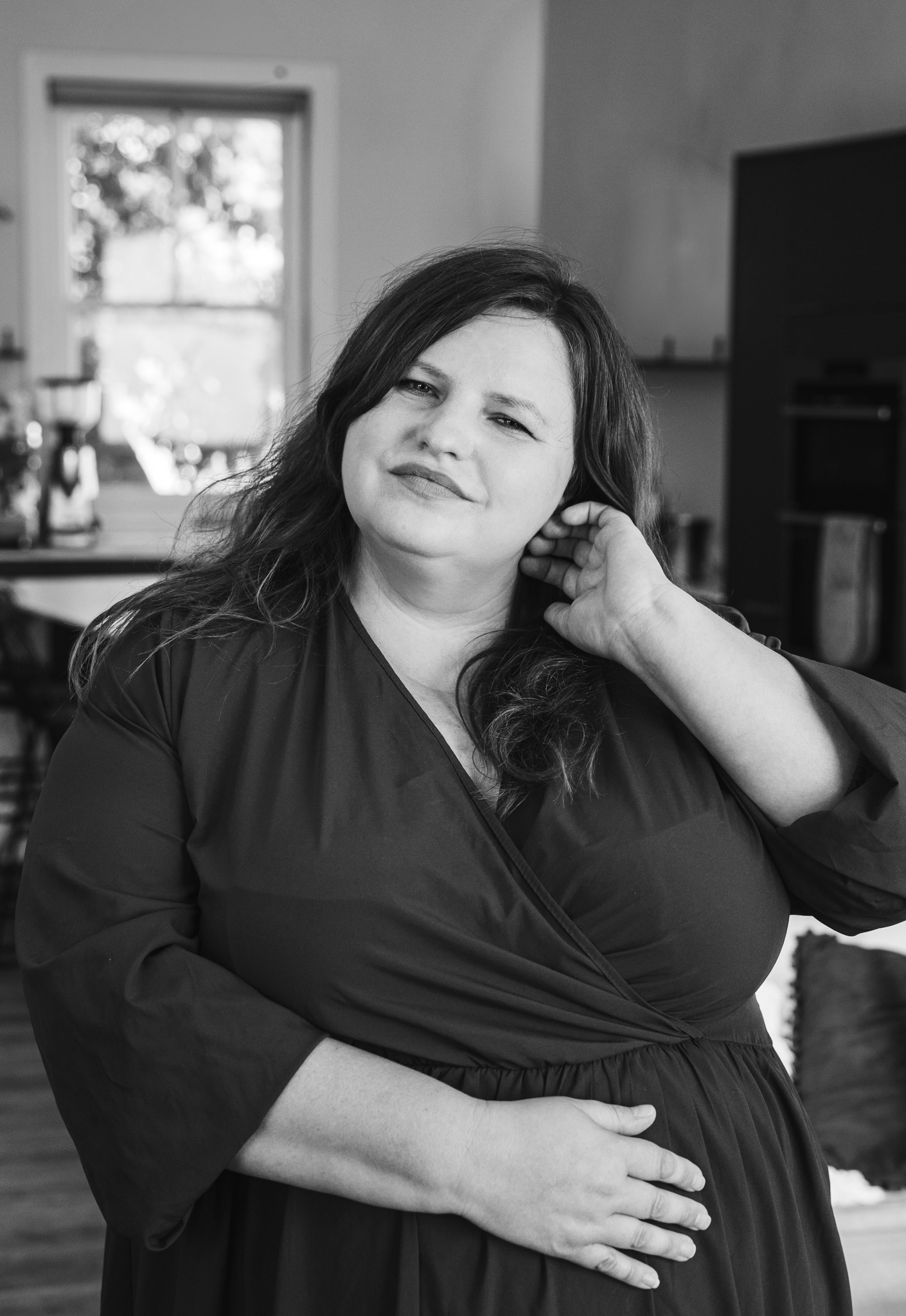
A Leap into the Fog
And again, it was chance. Tickets to London turned out to be cheaper than to Poland. A friend told her about the "Homes for Ukraine" scheme. The guarantee of housing for six months became the deciding factor. "I had never even thought of coming to England for a tour... But the six months won me over. That I would know where I would be living."
She started looking for sponsors on Facebook. "I talked to three families. I didn't look at where they were located. I looked at what kind of people they were." Her biggest fear was her one-year-old son, who cried constantly. She honestly warned potential sponsors: "I'm telling you, he screams all the time... because really, all the neighbors in Slovakia were at their wit's end."
She got lucky. The family that took her in turned out to be incredibly patient. They became her guides in a new, incomprehensible world. Anastasia, who once managed festivals, was now afraid to leave the house. "He, my sponsor, he's like a father. He took me by the hand: let's go, that's it. He walked with me, showed me... I was afraid to even go into town, to the store. I didn't know how the buses worked... And he, for several months, taught me. Really, for a month and a half, two months."
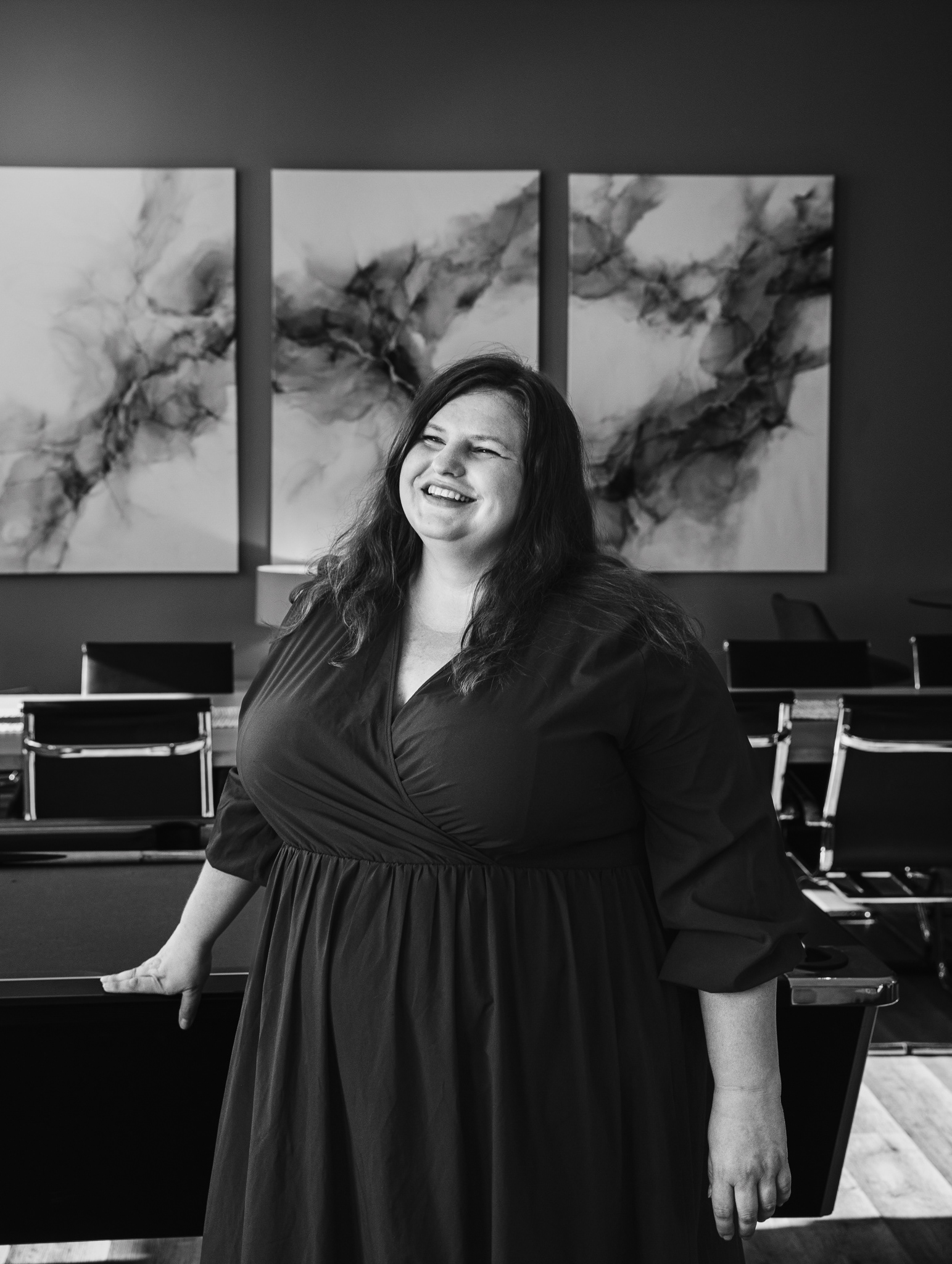
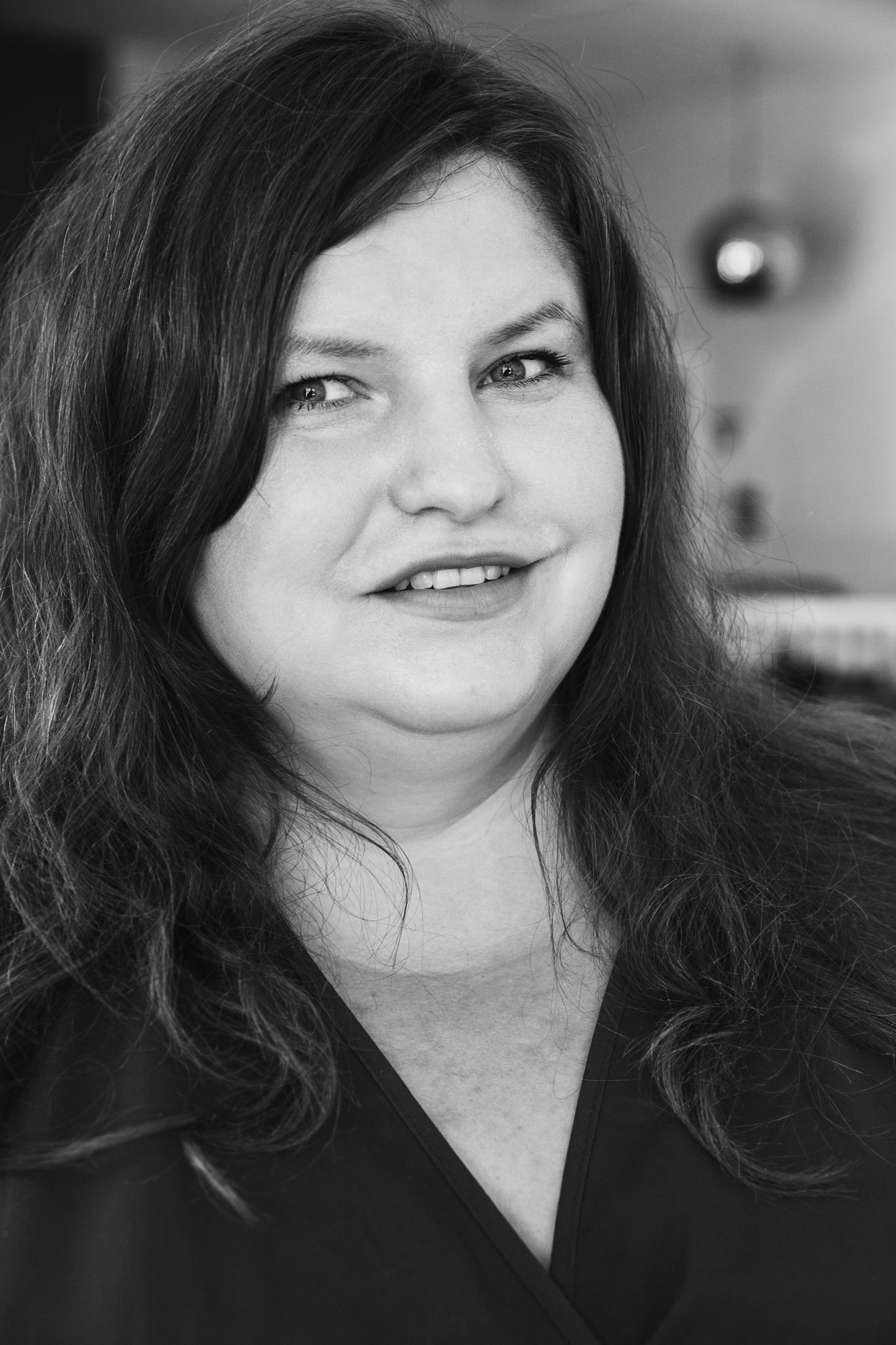
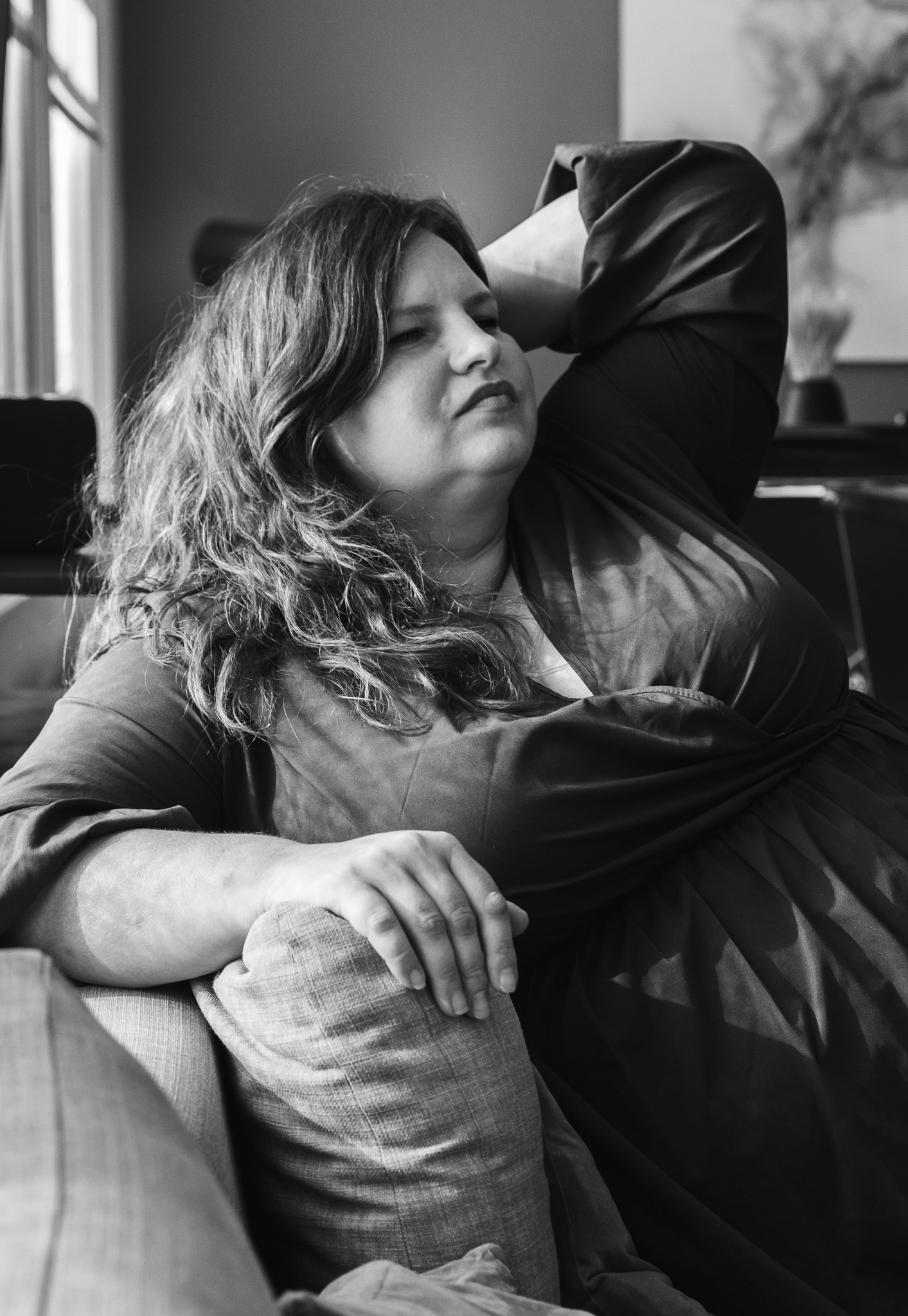
The Crucible of Trials at Work
Her first work experience in England became a true crucible. She was hired at a pub, with hints of a managerial position, but she quickly realized she had entered a toxic environment. A colleague, sensing a competitor in her, began a campaign of systematic pressure.
Her first work experience in England became a true crucible. She was hired at a pub, with hints of a managerial position, but she quickly realized she had entered a toxic environment. A colleague, sensing a competitor in her, began a campaign of systematic pressure.
"She realized there was no way to handle me, to put me in my place. So she decided to file an official complaint against me."
To avoid escalation, Anastasia made a decision that shocked everyone: "I just said, 'Okay, I'll be a waitress. I'll do the work of a waitress.' They were shocked that I said that."
But it didn't help. The pressure moved into a phase of provocation. Her body gave out before her spirit did. "I started having panic attacks when this insane pressure began. I was just suffocating." The final push to see a doctor came from the words of that same colleague: "Oh, you're not feeling well? Where's the doctor's note?"
After her sick leave, she returned and was met with false joy: "Oh, it's so good to have you back!" The culmination was a conversation about the Christmas schedule. "I said, look at these dates. I can work here, but not here. It's Christmas, New Year's, I want to be with my family." In response, she heard: "Maybe you should look for another job then?" And she calmly replied, "Thank you, I'm already looking."
It was a moment of liberation. Soon after, she found a job in sales where "in literally three days, I earned almost a month's salary. And then I understood that God is leading me where I need to go."
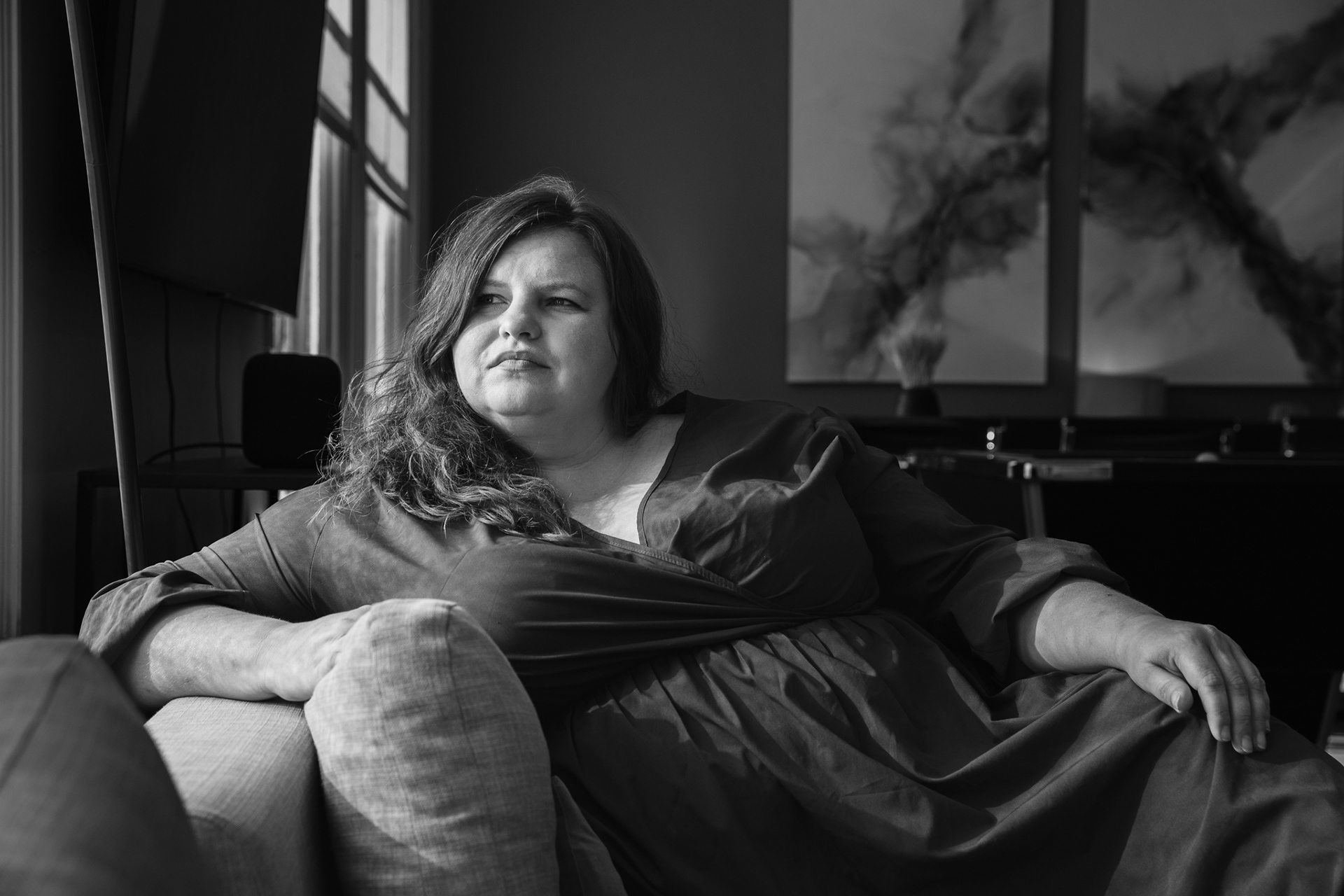
Building a New Foundation
But the trials were not over. A terrible car accident, in which the car flipped and was written off as scrap. Miraculously, she was unharmed. An attempt to raise funds among acquaintances brought in £250 and immense disappointment. "For a moment, I lost faith and the motivation to do anything for others." But then strangers, who had read about her volunteer work, began sending £100 each. She understood: the world is diverse, and one shouldn't judge it by the actions of a few.
Housing was also a challenge. First, a temporary apartment that turned out to be an empty box without furniture or flooring. "It was a shock." But thanks to her proactivity and volunteer connections, she was able to get social housing that was surprisingly similar to her dream—with large windows and a field behind them.
Life "After"
Today, Anastasia stands firmly on her own two feet. Her son no longer speaks Ukrainian; she speaks to him in English. She no longer feels like a guest. "I feel like I belong here now... I can't imagine us having to move."
She heads the local branch of "Welcome Homes for Ukraine" and organizes UkraineFest. This is her new mission. "Our goal is not just to show British people Ukrainian culture. We strive to create a space where every woman can find resources and support within herself, and also in others. So that she can get rid of that destructive 'I am alone' mindset and know that there are people ready to support her."
She has not yet reached the level of self-realization she had in Ukraine, but she has accepted the new rules of the game. "I believe that we create our own reality... It's just that everything is different here. It's not worse, not better, it's just different. And you have to understand this system. I think I'm beginning to understand it."
Her story is not a tale of a victim. It is a detailed, painful, and honest account of how a person, having lost everything in the external world, finds an inexhaustible strength within to build not just a new home, but a new version of herself.

